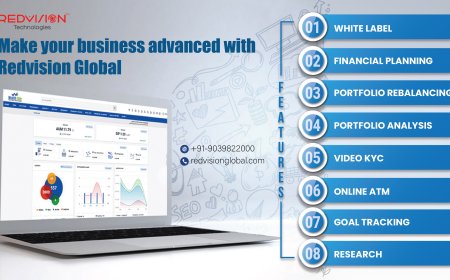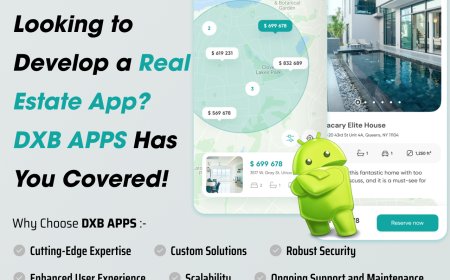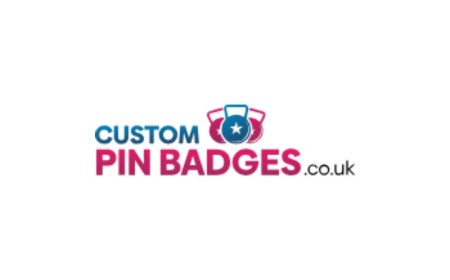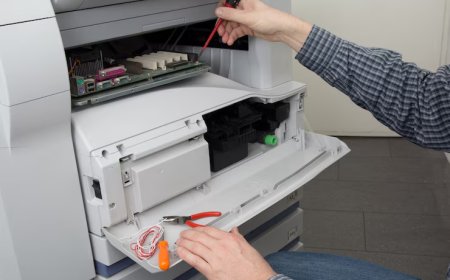Navigating Change: How to Communicate Total Rewards Effectively During Organizational Shifts
Help your team navigate change with clear, honest Total Rewards communication that builds confidence. Use these simple tips to support your team with clarity.

Change in the workplace is unavoidable sometimes. Because it can result from a merger or a shift in company strategy, leading to transitions that create uncertainty for employees. One of the areas most impacted, yet often overlooked, is how total rewards are carried during these periods.
Ive been through a few major shifts myself, and if theres one thing Ive learned, is that the way you communicate Total Rewards during change can either strengthen trust or completely derail morale.
This post is a reflection of whats worked, what hasnt, and why clear, thoughtful communication matters so much when everything else feels uncertain.
Understanding Total Rewards Beyond the Basics
Before diving into the communication aspect, its important to ground ourselves in what Total Rewards really are. While many people think of salary and bonuses, the concept is much more than that. Total Rewards encompass everything an employee gains from their employer through employee engagement programs. These programs include financial compensation, benefits, career development, work-life balance, recognition, and even the company culture.
When the change hits, its not just the paycheck employees worry about. They start questioning their future at the company, wondering whether their benefits will be reduced or if development opportunities will still be supported.
And thats the reason why Total Rewards communication needs to go deeper than numbers. It should connect with what employees truly value, which is security, belonging, growth, and recognition.
The Emotional Layer of Change
Organizational shifts are rarely just operational because theyre deeply emotional for employees.
I recall when the company I worked for underwent a merger. Overnight, priorities changed. Teams were shuffled. Some leaders left, others were introduced. People began speculating about layoffs, policy shifts, and benefit cuts, even before anything was officially announced.
The silence from leadership was deafening.
During times like these, Total Rewards become symbolic. They represent stability and respect. If communication around them is vague, delayed, or overly corporate, it only feeds the anxiety.
Common Mistakes Companies Make
Lets talk honestly about what often goes wrong. Ive seen organizations make these missteps during change, and every time, they made a tough situation worse:
-
Delayed communication: Leadership waits until all details are finalized before sharing any information. Employees, meanwhile, have already filled in the blanks with worst-case scenarios.
-
Overly technical language: Explaining complex reward structures using jargon only adds to the confusion.
-
One-size-fits-all messaging: Sending the same email to every department without considering different roles, concerns, or levels of understanding.
-
Ignoring the "why": Focusing too much on whats changing and not enough on why its happening or how it benefits the team.
-
No feedback loop: Communication is top-down only. Theres no room for questions, comments, or dialogue.
None of these is intentional, of course. In fast-moving environments, even well-meaning leaders can overlook the human element of change.
What Effective Communication Looks Like
The good news is that, with the right mindset and approach, Total Rewards communication during change can actually be a powerful tool for building trust.
Heres what Ive found helpful:
1. Start Early, Even If You Dont Have All the Answers
People appreciate honesty. Saying were still working out the details is better than silence. It shows respect and keeps employees informed. A simple message, such as We want to be transparent about upcoming changes, and well share more information as soon as possible, goes a long way.
2. Keep It Simple
Avoid the urge to sound formal or overly polished. Speak like a human. Use everyday language. Dont assume everyone understands compensation terms. If youre explaining something like equity adjustments or benefits realignment, break it down into practical impacts that are easy to understand.
3. Tailor Messaging by Audience
The finance team doesnt need the same explanation as the frontline staff. Customize your communication by department or employee group. Consider their specific concerns and how the change directly impacts them.
4. Connect to Values
During change, people need to be reminded of the bigger picture. How does this shift align with the companys mission? How do the changes to Total Rewards support the organizations future and employees roles within it?
5. Use Multiple Channels
Dont rely on one email or town hall. Mix it up with FAQs, small group sessions, videos, and one-on-one check-ins with managers. Repetition and variety help people absorb the information at their own pace.
6. Create Space for Questions
Allow feedback. Let people ask questions anonymously if needed. A Q&A document or open office hours can be incredibly effective. The more two-way the communication, the more engaged people feel.
The Role of Managers in the Communication Chain
In every company Ive been in, one consistent factor stands out is employees trust their direct manager more than any company-wide announcement.
Thats why managers need to be part of the Total Rewards communication plan. Not just as messengers, but as translators. Theyre the ones who can help their team understand how changes specifically apply to their roles, and they are the ones who initiate the talent management framework to bring in new dedicated talent.
But managers need support too. Provide them with talking points, FAQs, and the opportunity to ask their questions before they are expected to explain things to others. If they feel unsure, that uncertainty spreads quickly.
Change Doesnt Have to Mean Confusion
|
Key Point |
Details |
|
Change Trigger |
Full organizational restructuring with team shifts and benefit revisions. |
|
Initial Expectation |
Potential chaos and confusion due to the scale of changes. |
|
Leadership Approach |
Communicated early, stayed transparent, and explained trade-offs clearly. |
|
Employee Involvement |
Employees were invited to give input; feedback was valued and acknowledged. |
|
Outcome |
Increased trust and engagement, even during uncertain times. |
How to Prepare for Future Change
If your organization hasnt undergone a significant shift yet, it will eventually. Thats just the nature of business. And if youre in HR or a leadership role, preparing now and getting along with an HR management consulting company will make all the difference when that moment comes.
Here are a few proactive steps Id recommend based on my experience:
-
Audit your current Total Rewards communication: Are people clear on what they get and why? Do they understand how their benefits align with the companys goals?
-
Build a communication playbook: Have a rough plan ready for different types of organizational change. It saves time when things get hectic.
-
Strengthen manager training: Invest in equipping managers with communication skills tailored to rewards and change management.
-
Listen regularly: Utilize surveys, focus groups, or informal check-ins to stay attuned to employee sentiment and opinions. Communication isnt just about talking. Its also about listening.
One Final Thought
At the end of the day, communicating Total Rewards during change isnt about perfection. Its about intention. Its about empathy. Its about being willing to meet people where they are, especially when theyre uncertain about whats next.
Ive worked with external partners during transitions, while others truly stood out. One of the most valuable experiences I had was collaborating with Northcove Consulting during a time of major change. They helped our team not only structure our Total Rewards more strategically but also coached us on how to communicate those changes clearly and thoughtfully. It wasnt flashy, just smart and human-centered. And it made a big difference.
Because when people feel informed and supported, even during change, theyre more likely to stay and believe in where the company is headed.
And that, ultimately, is the real reward.
Frequently Asked Questions
Why is Total Rewards communication important during organizational change?
It helps reduce uncertainty, build trust, and keep employees engaged when everything else feels unstable.
What should be included in Total Rewards communication?
Clear details about compensation, benefits, development opportunities, and the reasons behind any changes.
When should you start communicating changes to Total Rewards?
As early as possible, even if all the details arent finalized, transparency builds confidence.
How can companies avoid confusion when sharing Total Rewards updates?
Use simple language, tailor messages by audience, and repeat information through multiple channels.
What role do managers play in communicating Total Rewards?
Theyre key messengers who translate changes for their teams and answer questions based on specific concerns.





























